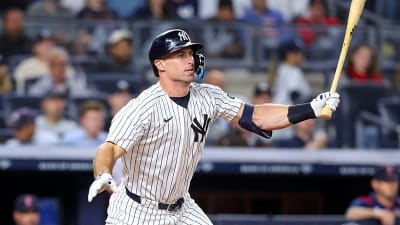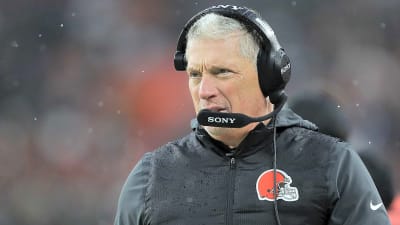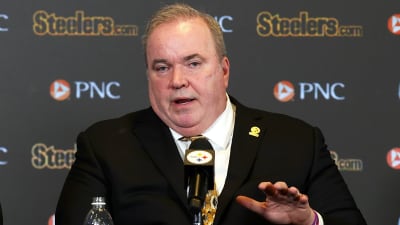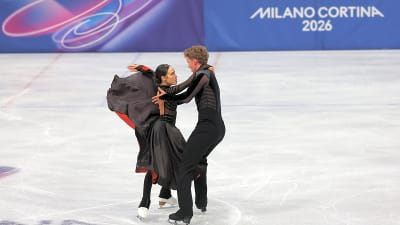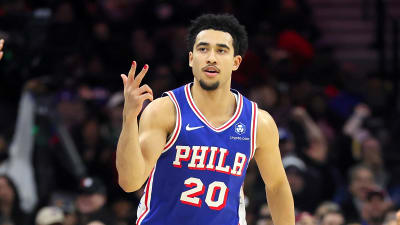
Ricky Hatton’s impact on British boxing during an illustrious 15-year career is difficult to overstate.
The council estate beginnings were as important as the Vegas venues he would eventually reach in carving out his place in the affections of the tens of thousands who would follow him to the States, famously drinking the bars dry, and the many millions who loved him from afar.
Every one of them felt they knew him.
Ricky Hatton’s popularity was a prelude to Joshua, Fury and massive crowds
There are those who trod in his footsteps and drew ever larger audiences to football stadiums, and there are those who came before him who had sufficient popularity to draw equivalent congregations.
None of those men, be it Anthony Joshua, Frank Bruno or Bruce Woodcock, were as representative of the people or as important as Ricky Hatton.
When fans bellowed Blue Moon, Sinatra’s lament about no longer feeling alone, a night sky of camera phone stars trained on the bobbing silhouette in the distance, they were singing for one of their own.
The fighting avatar of themselves, as they draped arms around each other, they found a slumbering pride in their city, their circumstances awoken. Hatton connected people to each other.
A night at a Hatton fight was as much about remembering something as it was forgetting the hum drum of their everyday lives – though several hours of several Sundays were lost in those tumultuous nights at the Manchester Arena too.
Purged of alcohol and chips, Ricky would come into focus. Jaw jutting forward. Face paler than the morning milk.
The familiar prowling dance of his boots, scowling intent contorting his features. A lintel of bone above his eyes, stretching taut the skin and scar tissue.
His body carved tightly to the 10-stone limit, now replenished with his customary fried breakfast, tassels swelled and fell like waves on the sea of his long blue shorts. No more the cheeky nephew or the joker in the yellow van, he was now the piranha about to be unleashed.
Ricky Hatton brought electricity
Hatton created anticipation. The promise of absolute commitment to winning, to battle. Emotionally plugged into the environment.
Stepping into the tumult with Hatton at his peak must have been a daunting prospect. Any study of Ricky Hatton should always remember he was a world-class fighter. Lest we forget the dexterity of his footwork, the ability to create angles, and his remarkable capacity for throwing punches. It was a young man’s style distilled from hours spent watching videos of his hero, Roberto Duran.
His career zenith remained the win over Kostya Tszyu. A night he may have beaten any 140-pounder in history. He was irresistible.
A frustrating year of waiting for the opportunity released in the aftermath. Hatton once said for all his accomplishments, the belts, the titles, the victories, it was his following that made him most proud.
World title belts, multi-million dollar purses, and the fame of his fighting success did not change Hatton, nor his relationship with his fans, but it did not provide the contentment it promised.
Purpose and happiness visited for periods, but he spoke often about his struggle to sustain it after his fighting career ended.
I met him only once, recently retired, he was the star attraction at a Charity Football tournament that featured future world champions Callum Smith, Ricky Burns, and Anthony Crolla among a parade of distinguished fighters and TV stars.
For almost 10 hours, except for the time he spent on the pitch, in which I had the joy of trying to mark him, Ricky signed every autograph, smiled for every picture, and shook hands with all who extended their own.
People just loved him.
And every one of them felt they knew him, too.
They will all miss him.
More must-reads:
- Spurs' Stephon Castle makes NBA history in win over Mavericks
- Tom Brady reverses course on Super Bowl comments after backlash
- The 'Super Bowl halftime show artists' quiz
Breaking News
Trending News
Customize Your Newsletter
 +
+
Get the latest news and rumors, customized to your favorite sports and teams. Emailed daily. Always free!

